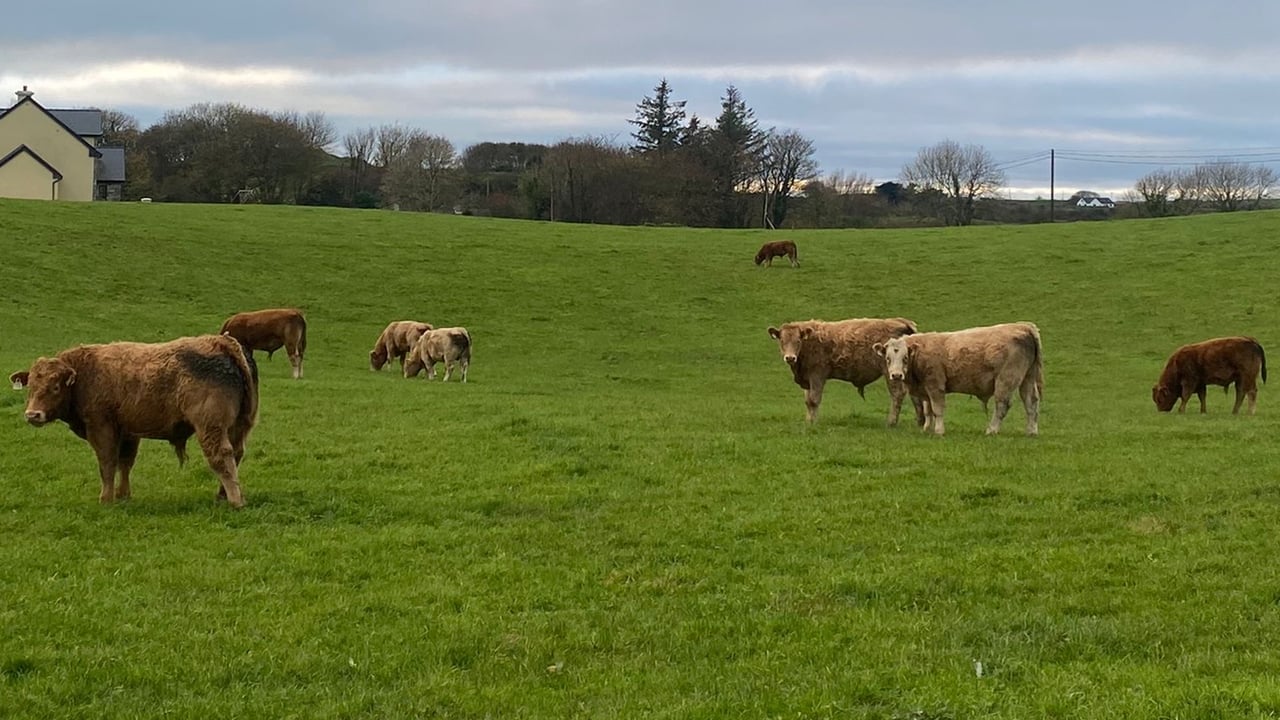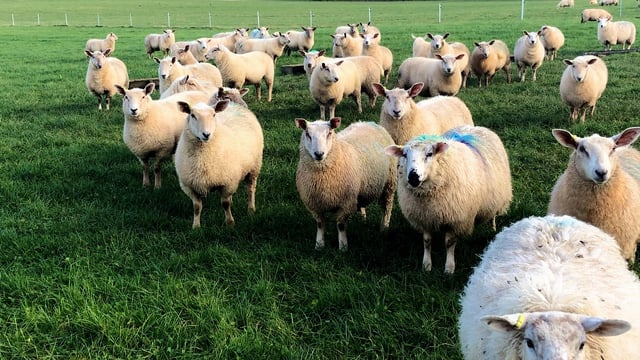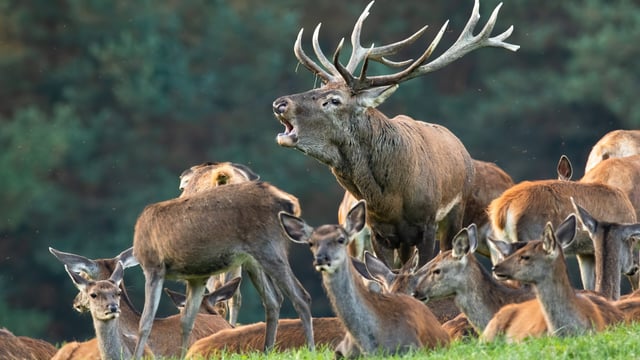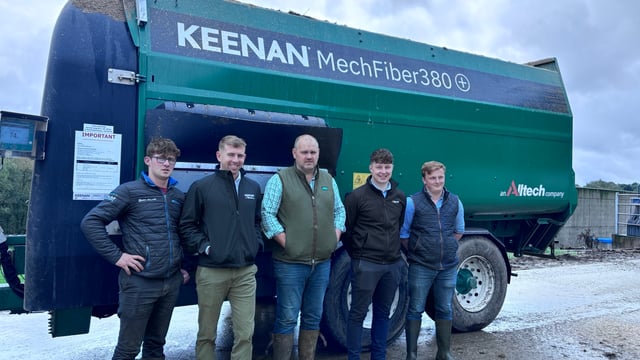DAFM favours early detection of bluetongue over vaccine
The Department of Agriculture, Food and the Marine (DAFM) has said its current approach to bluetongue is early detection and eradication, where possible.
Bluetongue is a notifiable exotic viral disease caused by bluetongue virus (BTV) which can cause severe clinical signs in ruminant species, such as cattle, sheep and goats, along with camelids.
The virus, which does not pose a risk to human health or food safety, is primarily spread by the bite of infected midges, which are more active in warmer months
Ireland is currently free from the disease, however remains at risk of introduction, as it the virus is present across Europe.
There are three inactivated vaccines currently available for bluetongue serotype-3 (BTV3) in Europe.
DAFM said that all three vaccines claim to reduce the levels of virus in the blood of infected animals and reduce clinical signs of disease. However, they do not claim to prevent animals from becoming infected.
"This means that vaccinated animals may still be capable of becoming infected with the disease, increasing the risk of onward spread without displaying clinical signs of disease.
"This would likely delay early detection of disease, reducing the opportunity for the Department of Agriculture, Food and the Marine to use the appropriate controls necessary to prevent the virus from becoming widely established in the midge population.
"Once established in the midge population, bluetongue is very challenging to control," a department spokesperson told Agriland.
The spokesperson added that "the department’s current approach to bluetongue, as with all exotic diseases, is early detection and eradication, where possible".
"In the event that bluetongue becomes established in the midge population and in susceptible animals in Ireland, vaccination would become an important tool to minimise production losses," they said.
DAFM said that it continues to monitor the bluetongue situation across Europe and Britain, with "ongoing contingency planning" for the management of an outbreak of the disease in Ireland.
The department said it also undertakes regular communication and collaboration with colleagues in Northern Ireland’s Department of Agriculture, Environment and Rural Affairs (DAERA) in preparing for such an eventuality.
On Wednesday (July 23), the DAERA permitted the voluntary use of three bluetongue serotype 3 (BTV-3) vaccines in Northern Ireland, subject to licensing.
While Northern Ireland also remains free of the disease, DAERA said that livestock keepers and vets will now be able to take early, informed action as a precautionary, secondary line of defence against the disease.
Minister for Agriculture, Environment and Rural Affairs, Andrew Muir said he took the decision to allow the use of the BTV-3 vaccines to give farmers and livestock keepers "an additional safeguard alongside our surveillance, prompt detection and control".
“It aims to provide an additional tool to help protect their flocks and herds,” the minister said.
According to DAERA, the decision brings Northern Ireland into line with the voluntary, licensed use of BTV-3 vaccines in Scotland, Wales, and England, and reflects the evolving risk picture and demand for tools than can help build resilience against animal disease threats.
Guidance is available on the DAERA website to farmers, veterinary surgeons and the wider industry on how the vaccine licensing process will work in practice.
DAERA is urging all farmers to be vigilant for signs of the disease.





